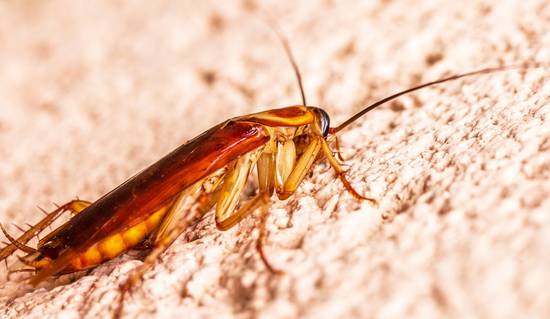
When winter arrives, the chill in the air means pests are more likely to make their way into homes and businesses. Just like us, they’re wanting a warm space and to keep the cold out. So while winter might traditionally be a time for heating system checks and boiler servicing, don’t overlook keeping your home comfortable and pest-free during the cold season.
In the winter some animals fly south, some hibernate and some die off. So not all of the common summer pests will be your winter visitors. Some don’t do any of these and are especially drawn to the idea of coming indoors during the colder months.
Like any creatures, pests naturally look for warmer places to survive as the temperature drops. While bugs don’t need central heating, they do want shelter from the cold and a food source.
In winter food sources become scarce outdoors, pushing pests to look for easy meals inside homes and buildings. That means crumbs, pet food and even stored pantry items can be magnets for pests during the colder months.
Pests will also seek out more comfortable temperatures to stay active and reproduce. Indoors, they will find hiding spots in those parts of your home or business that are less frequently visited. So, basements, loft spaces, garages and inside wall cavities – anywhere they can safely settle without disturbance – are at risk.
Pests usually enter property through small cracks, vents, gaps around windows, and openings near doors or pipes. As they search for warmth, they will take advantage of any opening to make your home theirs.
Keeping winter pests out starts with a few key steps to make your home less attractive and accessible to these unwanted visitors.
Inspect doors, windows, pipes and utility lines for gaps or cracks. Seal any openings with caulk, weatherstripping, or door sweeps. Pay special attention to areas around pipes and vents where pests can slip inside.
Every pest needs food to survive and especially when food becomes scarcer in the winter months. So, store all food items in airtight containers, clean up crumbs and spills promptly, and make sure pet food is stored securely.
Pests love cluttered areas because they provide plenty of hiding spots. Take a look at your storage areas in loft spaces, garages, sheds and basements. A good clean helps remove dust, crumbs and potential nesting materials.
An often overlooked area is the space immediately outside your home or business. Keep the exterior clear of damp leaves, wood piles and other organic debris that can attract pests and bring them nearer to your property. Trim bushes and trees away from the house to reduce the risk of pests entering through nearby branches.
Regularly inspect your property for any signs of pest activity, like droppings, gnaw marks, or odd smells. Finding these early can help prevent a minor issue from becoming a full-blown infestation.
If you do notice signs of infestation, especially with rodents or cockroaches, it’s important to call a pest control professional. They can deliver the most effective solutions, compared to DIY methods and will help prevent pests from returning.
Final Thoughts
Winter may drive pests indoors, but a few preventative steps can help you keep them out. By understanding why pests come inside and taking proactive measures, you can make your home less attractive to these unwelcome guests. Winter-proofing your home against pests not only keeps your space more comfortable but also protects your family from the potential health risks pests can bring.
If you do suspect an infestation, don’t hesitate to reach out to our pest control professionals on 0330 108 4111. We’ll ensure your home stays pest-free throughout the colder months.